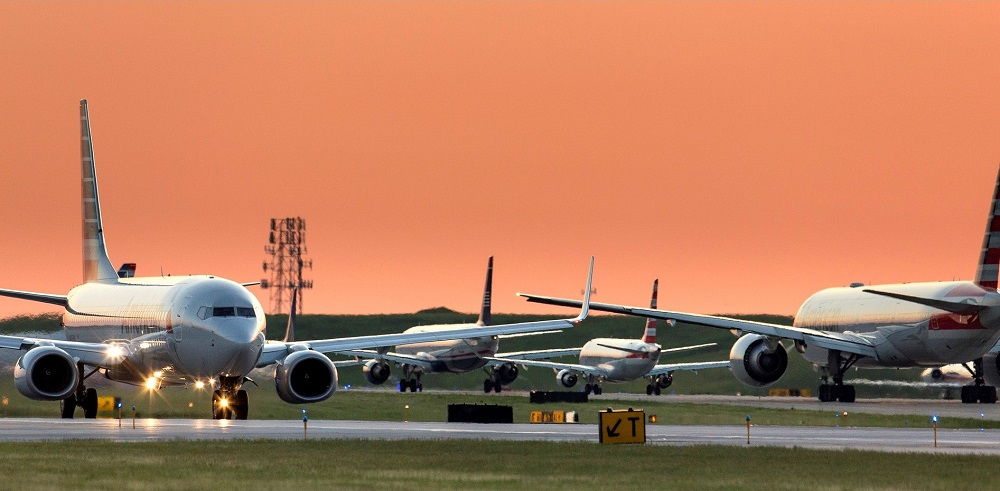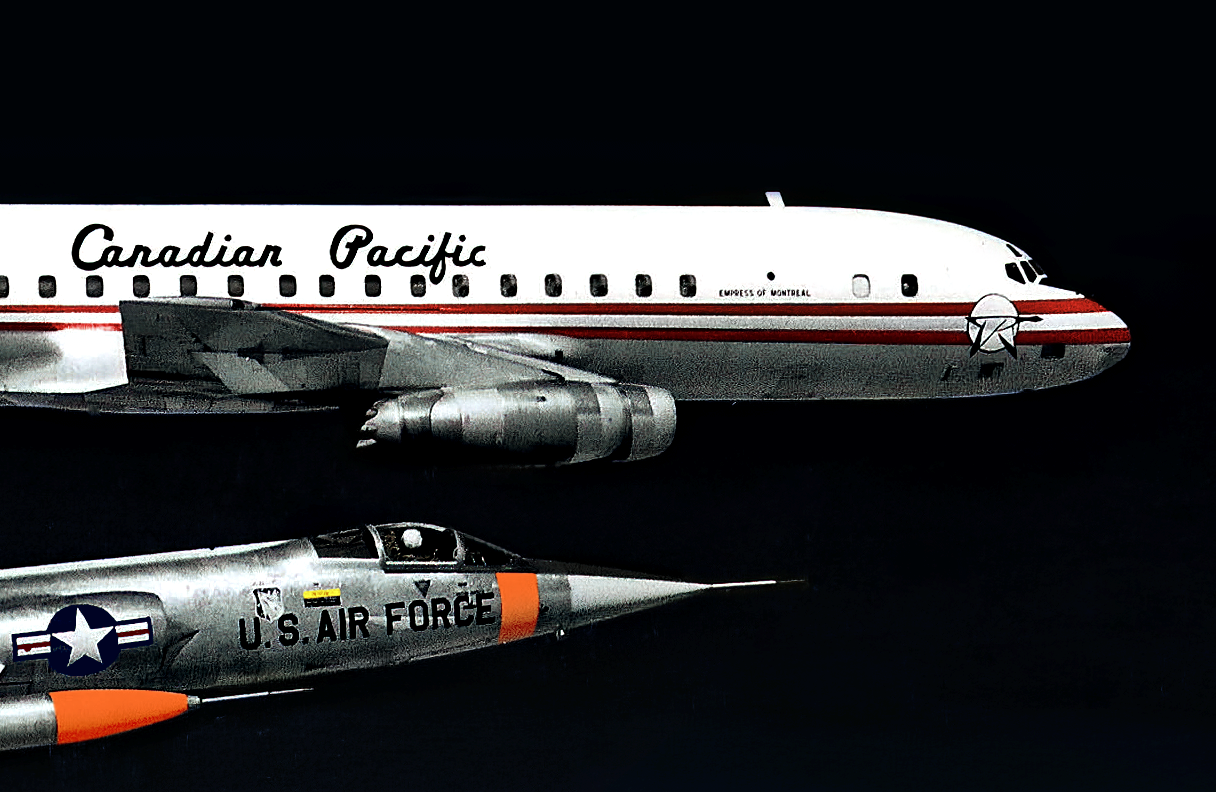Crisis as airlines burn $US300,000 in cash per minute
06 October, 2020
3 min read


Global airlines are expected to burn through $US300,000 of cash a minute in the second half of 2020 despite the restart of operations.
The startling figure — equivalent to $US77 billion for the second half or $US13 billion a month — are contained in a warning by the International Air transport Association of a looming cash crisis and a renewed call for more government support.
IATA estimates that despite cutting costs by just over 50 percent during the second quarter, global airlines went through $US51 billion in cash as revenues fell almost 80 percent compared to the same period a year ago.
READ: Airline lobby group IATA cuts staff by 22 percent.
The cash drain continued during the summer months and is expected to extend into next year with a further $US60-70 billion cash burn.
IATA does not expect the industry to turn cash positive until 2022 and warned airlines face a grim northern winter season without additional relief measures, including financial aid that does not add more debt to the industry’s already-highly-indebted balance sheet.
It estimates governments worldwide have so far provided $US160 billion in support, including direct aid, wage subsidies, corporate tax relief, and specific industry tax relief including fuel taxes.
“We are grateful for this support, which is aimed at ensuring that the air transport industry remains viable and ready to reconnect the economies and support millions of jobs in travel and tourism,’’ said IATA director general Alexandre de Juniac.
“But the crisis is deeper and longer than any of us could have imagined. And the initial support programs are running out. Today we must ring the alarm bell again. If these support programs are not replaced or extended, the consequences for an already hobbled industry will be dire.
“Historically, cash generated during the peak summer season helps to support airlines through the leaner winter months.
“Unfortunately, this year’s disastrous spring and summer provided no cushion. In fact, airlines burned cash throughout the period. And with no timetable for governments to reopen borders without travel-killing quarantines, we cannot rely on a year-end holiday season bounce to provide a bit of extra cash to tide us over until the spring.’’
IATA noted airlines had undertaken extensive self-help measures to cut costs.
This included parking thousands of aircraft, cutting routes and any non-critical expense as well as furloughing and laying off hundreds of thousands of employees.
It also sees little appetite among consumers for cost increases, citing a recent survey in which about two-thirds of travelers had indicated that they would postpone travel until the overall economy or their personal financial situation stabilizes.
“Increasing the cost of travel at this sensitive time will delay a return to travel and keep jobs at risk,” said de Juniac.
The lobby group cited figures from the Air Transport Action Group showing the severe downturn this year, combined with a slow recovery, threatened 4.8 million jobs across the entire aviation sector.
Because each aviation job supports many more in the broader economy, the global impact was estimated at 46 million potential job losses and $US1.8 trillion dollars of lost economic activity.
Get the latest news and updates straight to your inbox
No spam, no hassle, no fuss, just airline news direct to you.
By joining our newsletter, you agree to our Privacy Policy
Find us on social media
Comments
No comments yet, be the first to write one.

